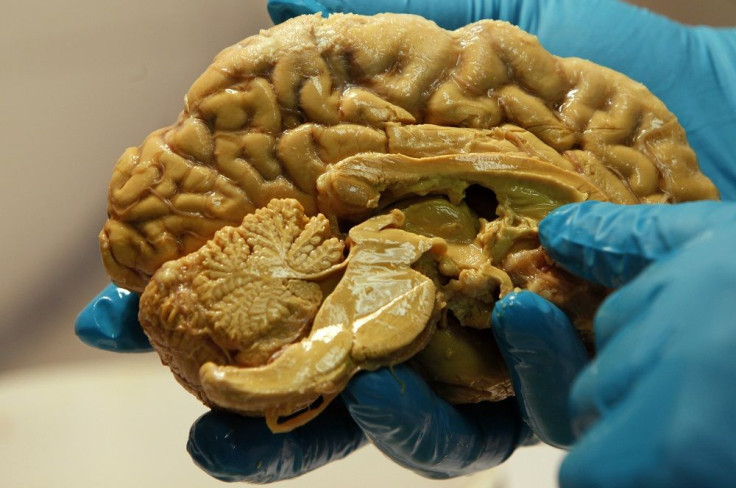Yale Medical School studies brain activity of healthy people who hear voices

One of the symptoms of schizophrenia is hearing voices. However, it is not just patients with mental ailments who hear voices.
According to the Yale Medical School, three to seven percent of healthy people hear voices, while 10 percent say that at some point in their lives, they have heard voices. The Conversation reports that among the circumstances behind those auditory experiences are bereavement, trauma, sensory deprivation or impairment, mental and emotional distress, and spiritual experiences.
To better understand this phenomenon, the school is conducting research to discover what happens to the brain when a person hears voices. Spearheading the landmark study are Dr Philip Corlett and Dr Albert Powers of Yale. Besides attempting to discover what happens to the brain when voices are heard, the research will also try to discover if these people have symptoms of a psychotic ailment. By learning how hallucinations happen in general, the study also aims to understand how different parts of the brain communicate with one another to cause hallucinations.
The team will use magnetic resonance imaging to study the nature of auditory hallucinations, which is different from what schizophrenic patients experience, which is often hearing unpleasant and persistent voices. Some of them believe it is God’s voice they hear; others think they are psychics, while some just ignore the voice.
The research wants a diverse group of participants - males, females and minorities, particularly people of colour, says Dr Marcela Nunez-Smith, deputy director of health equity research and workforce development of the Yale Centre for Clinical Investigation.
“It could help us alleviate the hallucinations that are really terrible for people in psychiatric populations, a really vulnerable patient population in society,” says Powers, who adds that participants would be compensated for their time.
A separate study done by the Durham and Stanford Universities, published in The Lancet Psychiatry, reinforced known findings about auditory hallucination. However, in spite of its strong links with negative emotions such as fear, anxiety and depression, others also hear positive and supportive voices.
Contact the writer at feedback@ibtimes.com.au or tell us what you think below




















